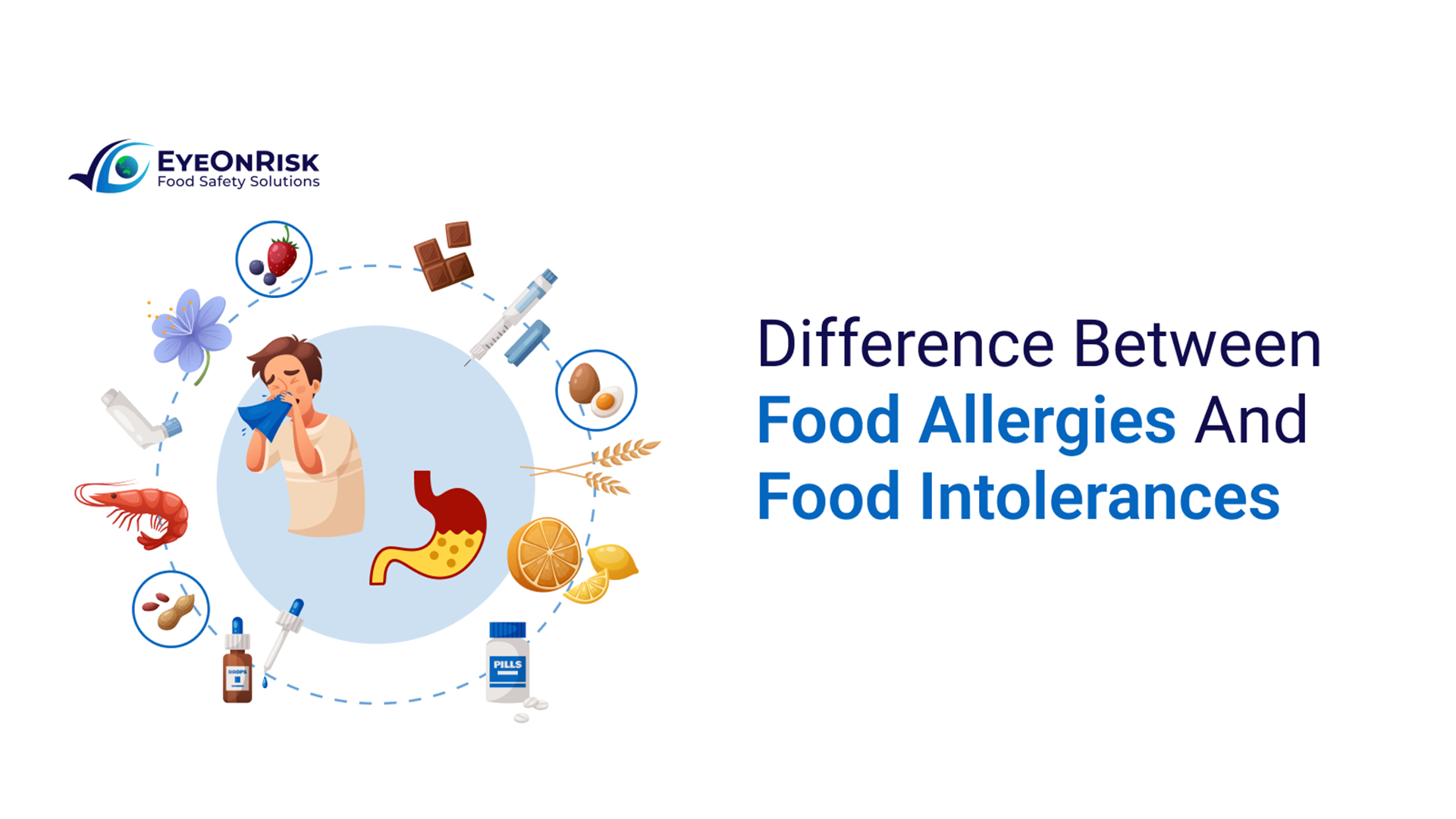Difference Between Food Allergies And Food Intolerances
26 Apr 2024

Allergies are becoming more common day-by-day and can be incredibly risky. In fact, allergies can cause life-threatening situations for some people. A moderate to slight reaction can include itching, swelling, bloating or other discomforts when consuming food or substances prone to allergic reactions.
A Detailed Dig Into The Scenario
Every year, many Australians require emergency medical care due to food allergies. Unfortunately, the situation can become fatal for someone suffering from anaphylaxis, even in moderate amounts. It is a condition of shock characterised by symptoms like dizziness, wheezing, vomiting, and an allergic reaction involving a number of the body's organs. The patient feels as though they are choking due to the blocking of airways, the pulse may slow, and the blood pressure may fall.
However, there is a significant difference between food allergy and food intolerance. Although the symptoms seem similar, a lack of solid awareness may lead to life-threatening situations. You may feel awful after consuming a meal that you are intolerant of, but the body's response to this meal, though, could be fatal if you actually have a food allergy. Therefore, it is essential to spot and unpack the whole concept of food intolerance.
In response to dietary substance intolerance, the digestive system reacts badly. It happens when one can not adequately digest the food. A lack of enzymes, in particular, susceptibility to dietary additives or reactivity to naturally existing food compounds, could all be to blame for this.
For instance, lactose intolerance is a common concern. As per the NIH survey, 68% of the global population suffers from lactose malabsorption. The first and foremost reason behind such digestive problems is the lack of ability of the small intestine to digest or break down milk products.
Food intolerance can be brought on by the absence of an enzyme required for complete food substance digestion. Another cause can be Irritable Bowel Syndrome. Constipation, diarrhoea, and cramps are symptoms of this chronic illness. Additionally, sensitivity to additives in food is another primary reason for food intolerance. Some who are sensitive to sulfites or other additives used to preserve canned products and processed items can also suffer from asthma attacks.
Moreover, food allergies occur in entirely different systems. When someone has a food allergy, their immune system fails to understand a particular or harmful food ingredient. Here, Immunoglobulin E (IgE), a reaction produced by your immune system, is released by cells to neutralise the allergy-causing food item, like dairy, wheat, soy, shellfish, peanuts etc., named as an allergen. Next time, whenever you consume even a tiny quantity of that item, IgE antibodies detect it and alert your immune system to release histamine and other usually beneficial chemicals into your bloodstream to protect your body. Such chemicals are the prime cause of allergic reactions.
There are various methods, like the IgE tests, oral food testing etc., for testing for food allergies; however, there are no universal diagnostic standards. In contrast, no lab test or physician can conclusively confirm food tolerance because there are no biomarkers for this illness.